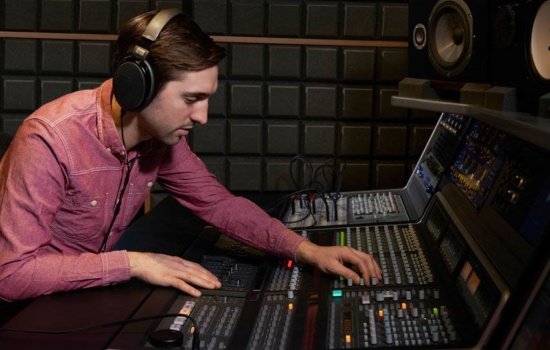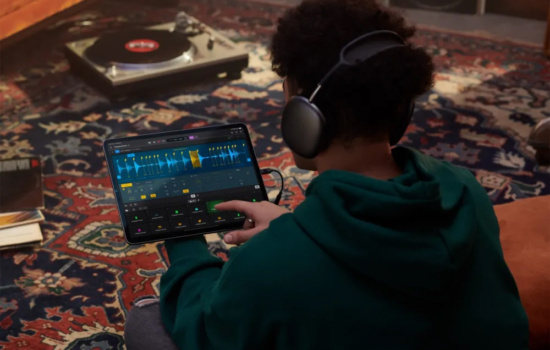Artists can survive only so long as they can acquire new fans and keep their current ones. And acquiring those fans is getting more and more expensive.
Creating music is not free. Competing for attention — against the vast torrent of content uploaded every second — is not free. Promoting your music is not free. Yet for your music to serve any marketing purpose at all, someone must hear it.
Your costs are expressed in several ways. You have to invest in writing, recording, and mixing your songs. You have to spend to promote your music — whether in time spent building relationships and emailing blogs, or in money spent on paid placement. And you have the sustained cost of staying top-of-mind in between releases so you can keep the fans you’ve already earned: social media posts, teasers, short videos, press releases, interviews, giveaways, and so on.
The problem begins when the cost to create and promote your music outstrips the money you can possibly hope to recoup. As the competing noise across the Internet grows louder and louder, it costs more to reach new listeners.
That’s because each channel online can only handle so much information. The average Facebook user in early 2014 had more than 1,500 posts eligible to show up in their timeline each day.
Since Facebook earns revenue from advertising, they are always trying to figure out how to pack more and more information in to every second a user spends on their site — decreasing the impact of individual posts. When you share your music video today, you’re reaching only a fraction of the people you’d have reached two years ago. And that reach will continue deteriorating each year as even greater volumes of information flow through the social media networks.
Historically, increasing amounts of content have been matched by increasing hours of consumption. Whereas an American in the 1920’s spent around 2 hours a day consuming content, the average American now spends 8 hours per day.
In Latin America, people consume media for up to 13 hours per day. And if you count multi-tasking, like watching a Snapchat story with Netflix in the background, then millennials in America consume 18 hours of media every single day.
If we haven’t yet reached our limit, we soon will. We have stretched consumption to its breaking point. But the same is not true of content creation.
So here’s the problem: as the competition for attention online grows, so does the cost to reach individual listeners. But the revenue you earn from each listener stays the same. This equation might balance for you today — but what about next year, or the next year?


























